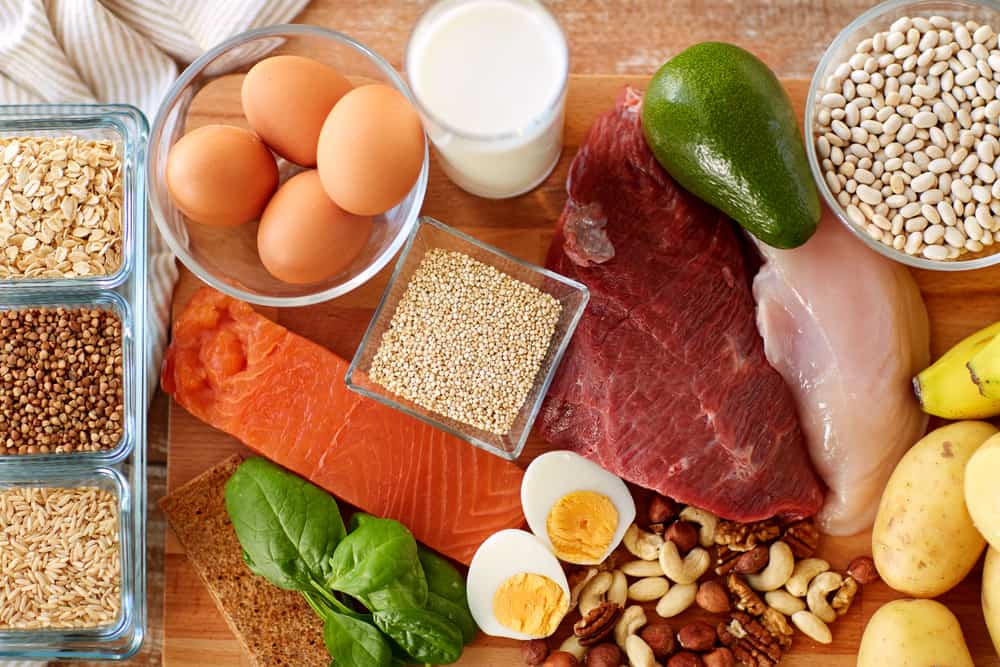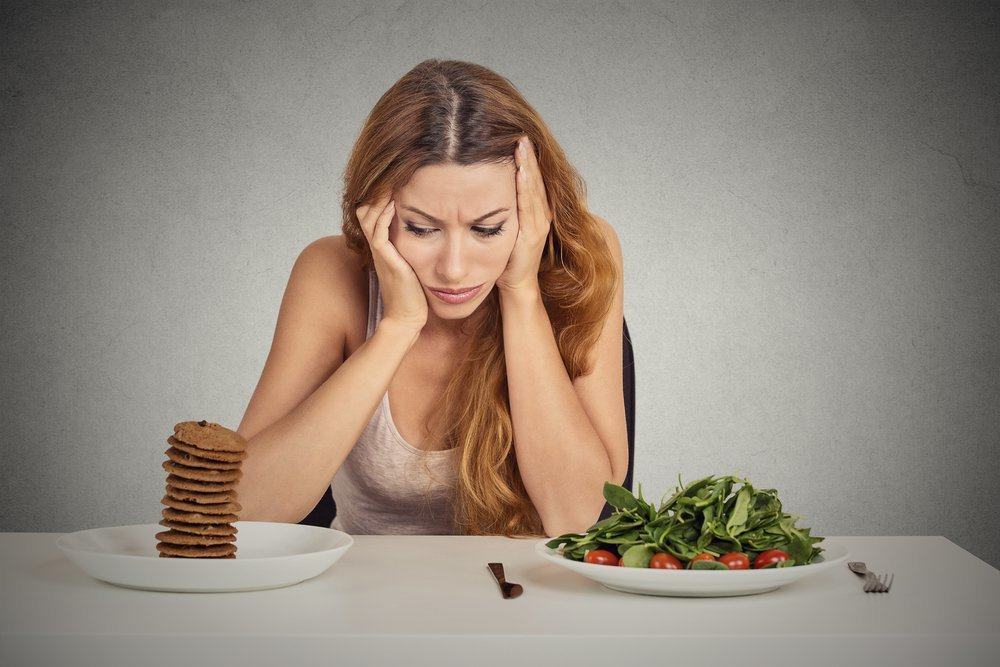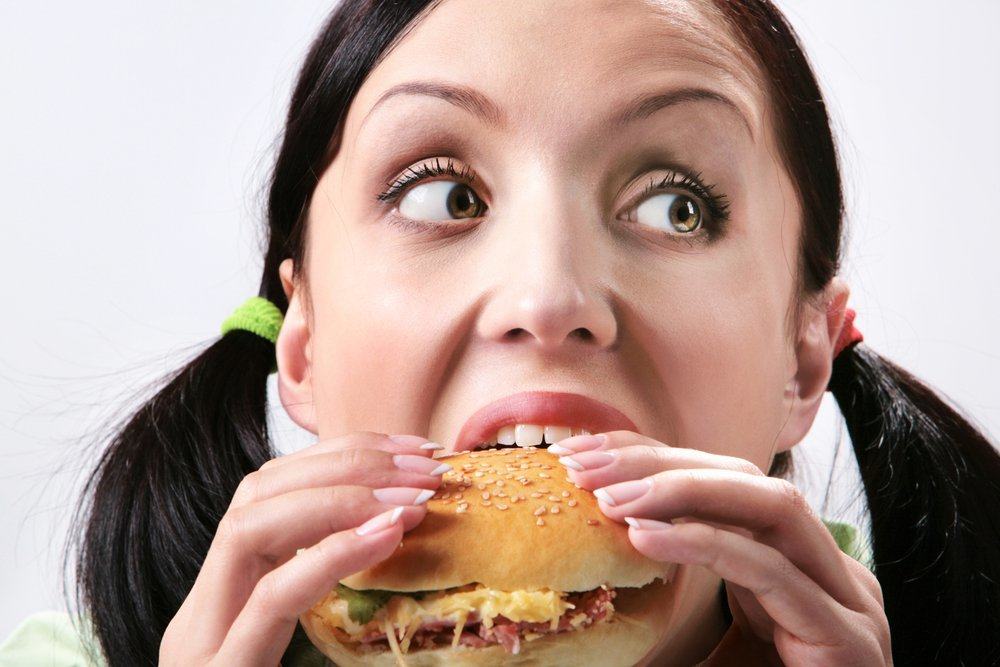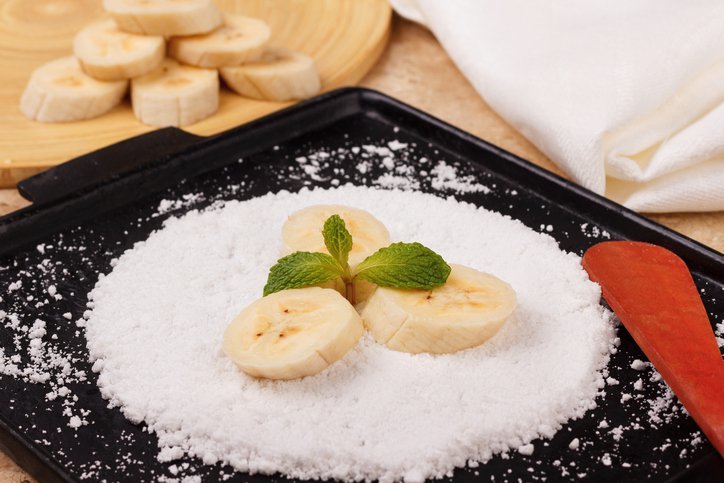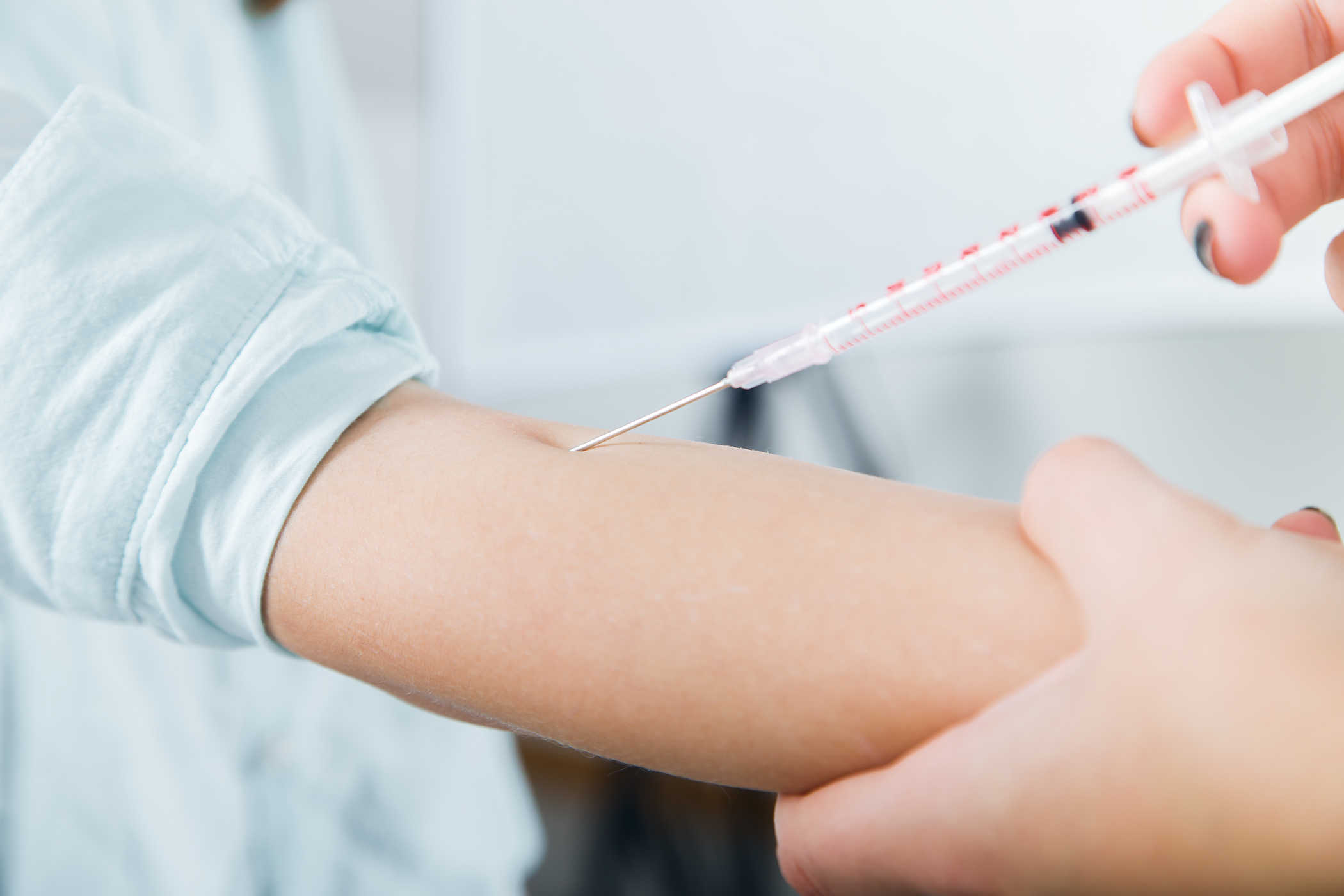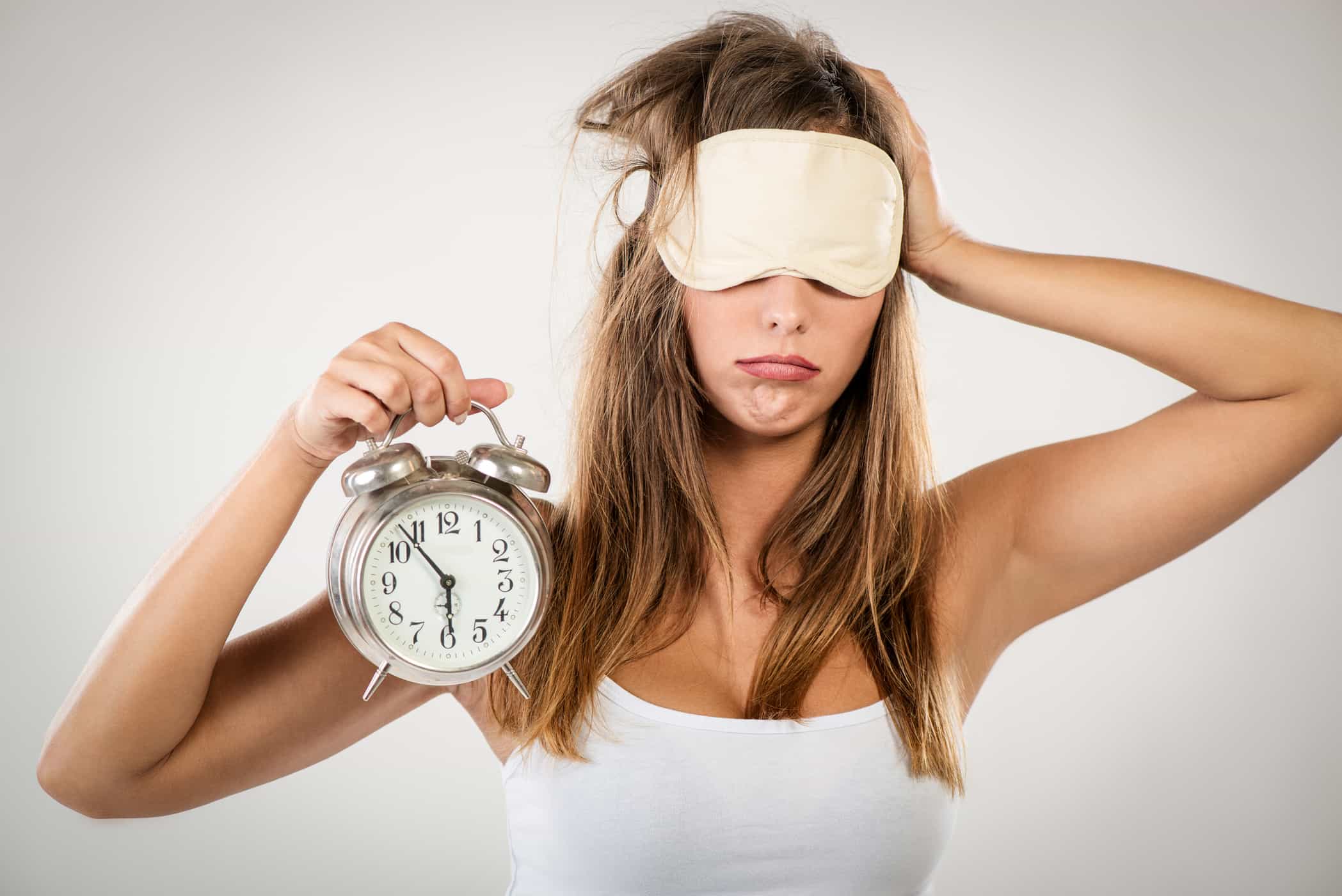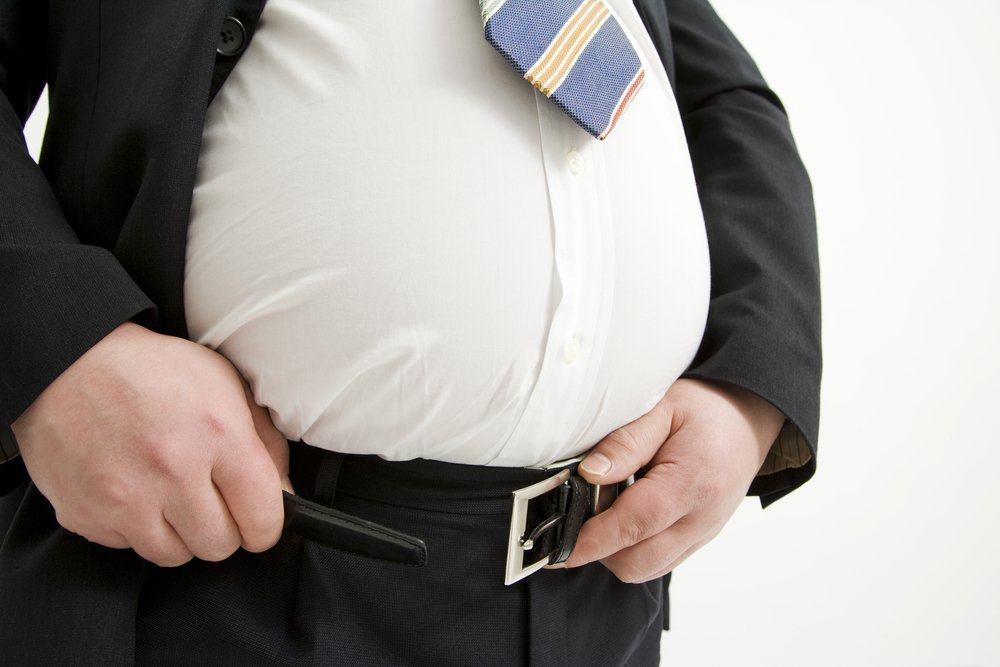Contents:
- Medical Video: 6 Foods That Naturally Cleanse Your Blood
- Foods that must be consumed during dialysis
- 1. High-calorie foods
- 2. Foods high in protein
- Foods that are challenged when dialysis
- 1. Foods with high sodium
- 2. Foods high in potassium
- 3. Foods high in phosphorus
Medical Video: 6 Foods That Naturally Cleanse Your Blood
Usually dialysis is done when someone has experienced kidney failure. This means that the kidneys cannot do their job again to wash the blood that is in the body. Therefore, dialysis is done with the help of special tools. There are several taboos and recommendations for foods that must be obeyed during dialysis, this is certainly related to the patient's kidney health. So, what foods are recommended and challenged when dialysis?
Foods that must be consumed during dialysis
The right foods will help maintain the health of patients who are undergoing dialysis. Therefore, here are some types of food that should be consumed more when dialysis is done:
1. High-calorie foods
Patients who undergo dialysis require a high calorie intake. This is to make the body stay strong while undergoing treatment. In addition, when doing dialysis, patients are more prone to losing weight. Therefore, the food intake that should be given is solid food.
Each patient will have different calorie needs, so it is better if you consult your doctor and nutritionist.
2. Foods high in protein
Patients who are undergoing dialysis need more protein than healthy people. This is to prevent patients from experiencing protein deficiency when dialysis takes place. Because the blood washing process uses this special tool to make the amount of protein in the body drop dramatically.
If protein is not immediately replaced, the body will experience other organ dysfunction. In the body, proteins play a role in building and repairing cells, including muscles. So, when you lack protein, your body weight will decrease greatly and your muscle mass will disappear.
For patients undergoing dialysis, the intake of protein sources that must be consumed by the body is 1-1.2 grams / kg body weight. This means, for example, you have a weight of 60 kg, then in one day the protein that must be obtained is as much as 60-72 grams. To find out the right portion, you should consult this with your nutritionist because everyone's needs are different.
Foods that are challenged when dialysis
The types of food that should be avoided when doing dialysis are foods that can interfere with or worsen the work of the kidneys, such as foods that contain potassium, phosphorus, and sodium (salt).
1. Foods with high sodium
You could say, sodium is one of the enemies to watch out for when you have kidney problems. When sodium levels are high, the cells in the body absorb more fluids, such as sponge. When that happens, the blood pressure will rise and eventually affect your kidneys.
Therefore, patients with impaired kidney function are no longer allowed to add salt to their food. However, unfortunately sodium is not only present in salt alone, almost all packaged and processed foods contain sodium in it. So, from now on it's better to avoid all packaged foods and beverages.
2. Foods high in potassium
In the body, potassium can affect the work of the heart and when dialysis occurs, potassium levels can increase and eventually affect the heart. Eating too much high-potassium food will only endanger the heart's health and can have a fatal impact. So, you should avoid foods that contain high potassium such as:
- Nuts
- Coconut and coconut products
- Red sugar, maple syrup
- Fruits, like melons, bananas, and oranges
- Vegetables, such as spinach, mustard greens, tomatoes, and pumpkin
Almost a portion of raw vegetables contain potassium in them. So, it's better to choose vegetables that are cooked, because the cooking process will reduce the amount of potassium in vegetables.
3. Foods high in phosphorus
When kidney function decreases, the phosphorus levels will automatically increase in the blood. So when this happens, calcium will spontaneously be excreted from the bone which then disrupts bone health. In addition, the presence of calcium phosphatase (calcium bonds with phosphorus) in the blood, will cause symptoms such as pain in the joints to itching on the skin surface. Foods that are high in phosphorus and should be avoided are:
- Seafood like sardines.
- Canned and processed foods, such as sausages, nugets and corned beef.
- Milk and milk products
- Nuts
- Cereals and oats
- Offal

